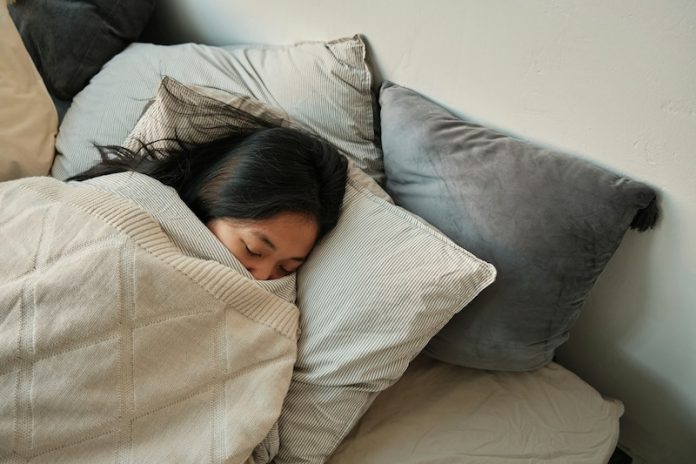
Insomnia is a significant concern for older adults, affecting up to half of those over 65.
A new study by Penn State and Taipei Medical University analyzed five years of U.S. data and found that both insomnia symptoms and sleep medication use are linked to an increased risk of disability.
Each year an older adult experienced worsening insomnia symptoms, their disability risk rose by 20%. Similar risks were found with increased sleep medication use. Those experiencing both insomnia and medication use had the highest disability risks.
The study, published in *Sleep*, analyzed 6,722 participants from the National Health and Aging Trends Study (NHATS), spanning 2011 to 2015.
Researchers assessed disability in self-care (e.g., dressing, eating) and mobility (e.g., getting out of bed, going outside), assigning numeric scores: 1 = fully able, 2 = vulnerable, 4 = needs assistance. A score increase of 2 or more signified meaningful disability.
Insomnia and medication frequency were scored from 1 (never) to 5 (every night). Every increase in insomnia level was associated with a 0.2 rise in disability score the following year; sleep medication use showed a 0.19 increase.
Lead author Tuo-Yu “Tim” Chen emphasized that prolonged sleep medication use, such as escalating from “never” to “every night,” significantly increased the chance of developing disability. Previous research from the same team also found that sleep medication raises fall risk in older adults—a major factor in disability.
The study supports that both insomnia and its treatment with medication may contribute to declining function. Co-author Soomi Lee stressed the importance of older adults discussing sleep issues with doctors, who can screen for harmful medication interactions and offer safer interventions.
Cognitive Behavioral Therapy (CBT) is a proven, non-drug treatment for insomnia. However, access is limited, especially in rural areas. Researchers urge older adults to advocate for themselves and recognize that sleep issues are not an inevitable part of aging, but a treatable condition.
If you care about sleep, please read studies about Sleeping pill lowers key Alzheimer’s disease markers and findings of Scientists discover the link between sleep apnea and dementia risk.
For more information about sleep, please read studies about Common sleep supplement could improve memory and findings of Scientists find link between short sleep and higher risk of long COVID.
The study is published in SLEEP.
The study was supported by Taiwan’s National Science and Technology Council.
Copyright © 2025 Knowridge Science Report. All rights reserved.



